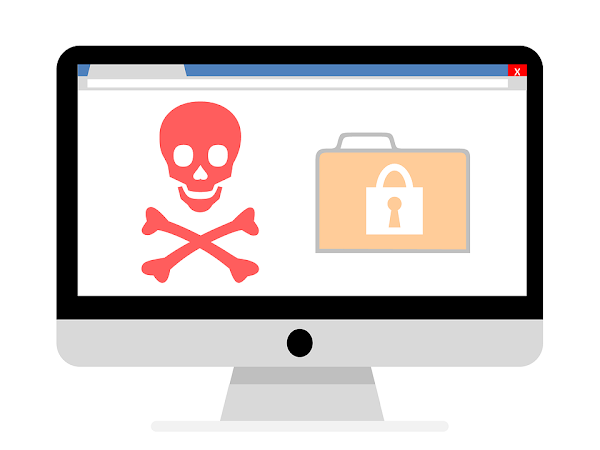NFT Collector Scammed into Buying Fake Banksy Bidding


A hacker compromised a site of famed street artist Banksy and sold an NFT (non-fungal token) of artist’s art for more than $336,000. The hacker, however, returned all the stolen cash except a transaction fee. The incident, however, has sent a message to cybersecurity experts, and also a new threat is on the rise: NFTs. In this case, the hacker did an auction on the genuine Banksy website “banksy.co.uk”, which is said to be the first Banksy NFT, as per BBC. If a collector buys an NFT, they don’t get copyright or ownership over the image.
An unknown collector(British) identified by BBC as ‘prominent’, also goes by the name “Pranksy” offered 90% more than the other bidder to https://threatpost.com/nft-collector-tricked-into-buying-fake-banksy/169179/ the Banksy NFT. According to ThreatPost, the Bolster research team also tracks emerging NFT scams and found the most popular cybercriminal tactics include setting up fake stores, the sale of fake art (Banksy is a popular lure), Airdrop scams offering free crypto and brand impersonation on social media.
“The NFT market has surged recently, with more than $2.5 billion so far just this year. And as the market attracts money, it will draw in cybercriminals looking for a piece of the action. Consumers will have to increase their awareness around potential NFT fraud, experts predict,” reports ThreatPost. When some background check was done on the hacker, he returned most of the money earlier this week, except $6,918 and transaction fees. Pranksy says that he never expected of a refund. The reason could be Pranksy tracked the hacker and followed him on Twitter, and the incident also received a lot of press coverage, which may have compelled the hacker to refund the stolen amount. He also said that others wouldn’t have the same luck if they went through the same thing.
The genuine Banksy and his team responded to the incident with a statement “the artist Banksy has not created any NFT artworks.” Bolster’s Young-Sae Song said that it would’ve been very tough for someone to notice the Banksy NFT Auction was a scam. Abhilash Garimella, Bolster researcher, had earlier predicted that “these scams will get more complex and sophisticated. Scammers will keep innovating to make sure users fall for these. Not just NFTs, when buying anything online, a buyer needs to be aware of where and to whom they are giving away their credit card or banking information.”
If you like the site, please consider joining the telegram channel or supporting us on Patreon using the button below.


![BianLian Ransomware Victim: defi SOLUTIONS[.] 4 BianLian](https://www.redpacketsecurity.com/wp-content/uploads/2023/05/BianLian-300x89.png)
